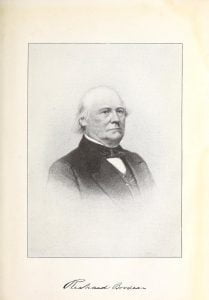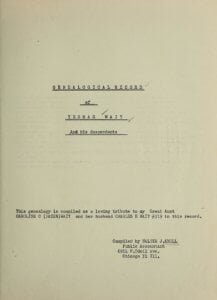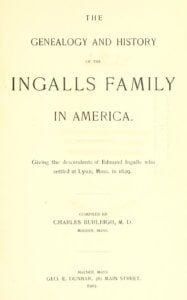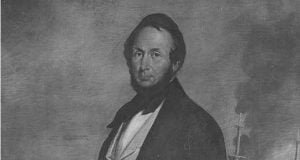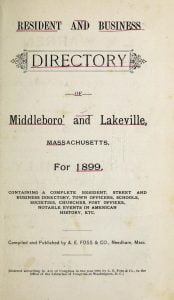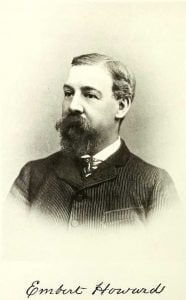Descendants of Joseph Borden of Fall River MA
BORDEN (Fall River family – line of Joseph, fourth generation). The Borden family is an ancient one both here in New England and over the water in old England, as well as one of historic interest and distinction. The New England branch has directly or indirectly traced the lineage of the American ancestor, Richard Borden, many generations back in English history. His first English forbear went over to England from Bourdonnay, Normandy, as a soldier under William the Conquerer, and after the battle of Hastings – in A. D. 1066 – was assigned lands in the County of Kent, where … Read more

